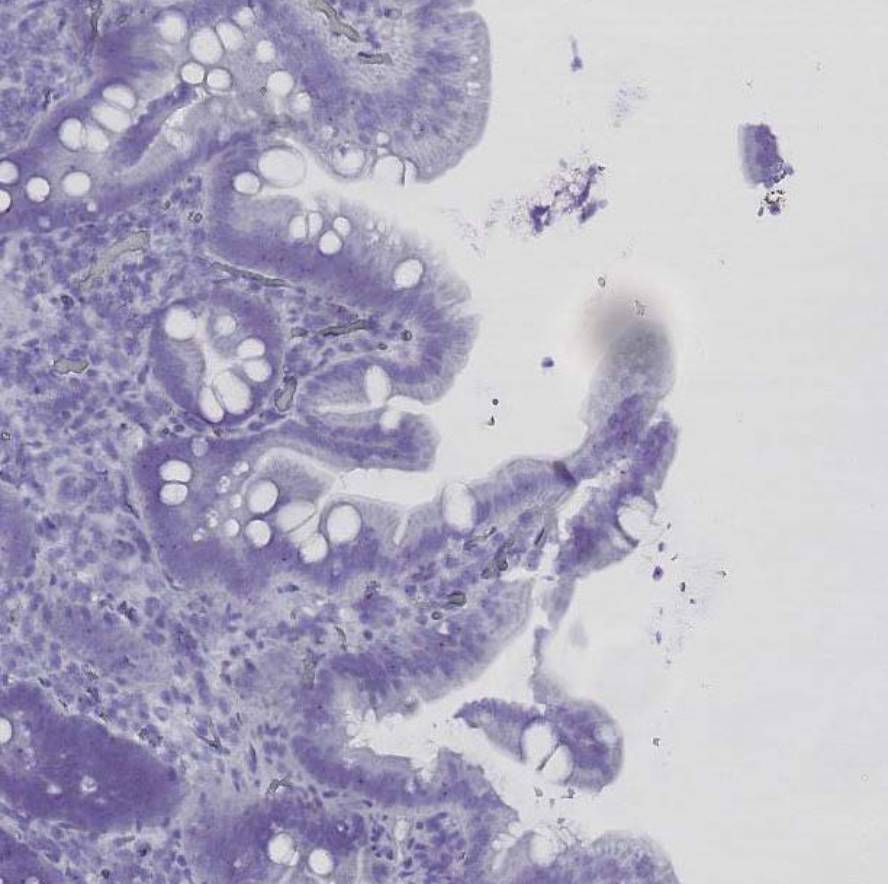A gene related to celiac disease has been identified

The research has been published in the journal Science. According to him, 40% of the population has the gene variant associated with celiac disease, but only 1% develop it. In order to know the possible causes that motivate them, the researchers have focused on non-coding RNA.
José Ramón Bilbao, UPV/EHU researcher who has participated in the research together with Ainara Castellanos, explained the reason: “In the genetic association studies carried out in recent years, a lot of genetic variants related to the risk of suffering from diseases have been found, but most have been located in non-coding genome (or garbage genome). At the same time, in this non-coder genome we have been finding different regulatory elements (different types of RNA and non-coding)”.
In their experiments, they have found a non-coding gene related to celiac disease: “It is a RNA lnc, called lnc13”, Bilbao says. They have analyzed their function and have found that they reduce the expression of genes associated with the development of celiac disease. But in the celiacs, lnc13 is very little. "As a result, the expression of the genes that cause intestinal inflammation is increased. In addition, the most frequent genetic variety in celiacs has a lower regulation capacity, which favours inflammation", explains Bilbao.
According to the researcher, “this paper explains in detail the regulation function of a non-coding RNA and relates it to a common disease. It opens up a whole new dimension, a new line of research in which studying the function of non-coding genomes, we will understand the development of diseases and perhaps discover new therapeutic episodes.”





